Filter by
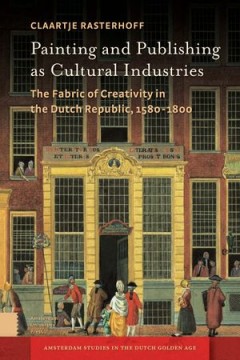
Painting and Publishing as Cultural Industries: The Fabric of Creativity in t…
The Dutch Republic was a cultural powerhouse in the modern era, producing lasting masterpieces in painting and publishing-and in the process transforming those fields from modest trades to booming industries. This book asks the question of how such a small nation could become such a major player in those fields. Claartje Rasterhoff shows how industrial organisations played a role in shaping pat…
- Edition
- -
- ISBN/ISSN
- 9789048524112
- Collation
- -
- Series Title
- -
- Call Number
- 700 RAS p
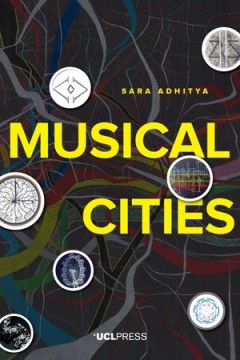
Musical Cities
Musical Cities represents an innovative approach to scholarly research and dissemination. A digital and interactive 'book', it explores the rhythms of our cities, and the role they play in our everyday urban lives, through the use of sound and music. Sara Adhitya first discusses why we should listen to urban rhythms in order to design more liveable and sustainable cities, before demonstrating h…
- Edition
- -
- ISBN/ISSN
- 9781911576518
- Collation
- -
- Series Title
- -
- Call Number
- 720
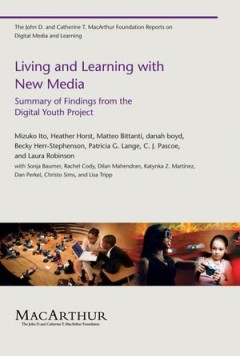
Nodes of Contemporary Finnish Literature
This book examines phenomena from Finnish and Finnish-Swedish literature written in the years between the 1980s and the first decade of the new millennium. Its objective is to study this interesting era of literary history in Finland and to sketch some possible directions for future development by identifying literary turning points which have already occurred.
- Edition
- -
- ISBN/ISSN
- 9789522223593
- Collation
- -
- Series Title
- -
- Call Number
- -
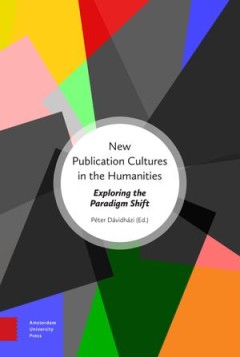
New Publication Cultures in the Humanities: Exploring the Paradigm Shift
The changes we have seen in recent years in the scholarly publishing world - including the growth of digital publishing and changes to the role and strategies of publishers and libraries alike - represent the most dramatic paradigm shift in scholarly communications in centuries. This volume brings together leading scholars from across the humanities to explore that transformation and consider t…
- Edition
- -
- ISBN/ISSN
- 9789048519712
- Collation
- -
- Series Title
- -
- Call Number
- 700 NEW n
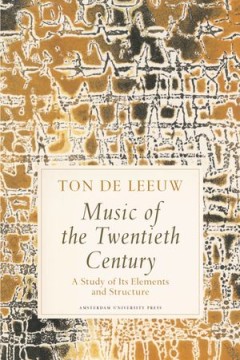
Music of the Twentieth Century
Ton de Leeuw (1926-96) is probably one of the most influential composers at the crossroads between Eastern philosophy and Western technique. A one-time pupil of Olivier Messiaen's in Paris, throughout the latter years of his musical career he concentrated on the marriage of Western emphasis on action and tension, and the ethical function of music in Eastern traditions. The musical world of the …
- Edition
- -
- ISBN/ISSN
- 9789053567654
- Collation
- -
- Series Title
- -
- Call Number
- 780
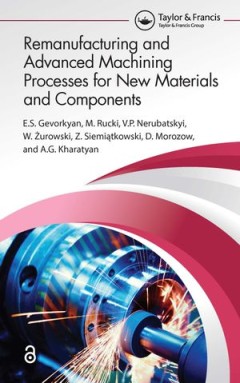
Mythodologies: Methods in Medieval Studies, Chaucer, and Book History
Mythodologies challenges the implied methodology in contemporary studies in the humanities. We claim, at times, that we gather facts or what we will call evidence, and from that form hypotheses and conclusions. Of course, we recognize that the sum total of evidence for any argument is beyond comprehension; therefore, we construct, and we claim, preliminary hypotheses, perhaps to organize the ch…
- Edition
- -
- ISBN/ISSN
- 9781947447561
- Collation
- -
- Series Title
- -
- Call Number
- -
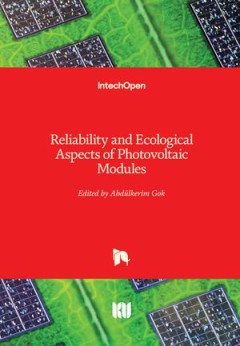
The Myth of Piers Plowman: Constructing a Medieval Literary Archive
Addressing the history of the production and reception of the great medieval poem, Piers Plowman, Lawrence Warner reveals the many ways in which scholars, editors and critics over the centuries created their own speculative narratives about the poem, which gradually came to be regarded as factually true. Warner begins by considering the possibility that Langland wrote a romance about a werewolf…
- Edition
- -
- ISBN/ISSN
- 9781107043633
- Collation
- -
- Series Title
- -
- Call Number
- -
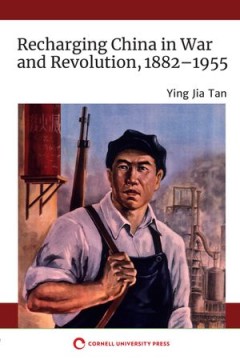
Murder Ballads: Exhuming The Body Buried Beneath Wordsworth'S Lyrical Ballads
In 1798, William Wordsworth and Samuel Taylor Coleridge were engaged in a top secret experiment. This was not, as many assume, the creation of a book of poetry. A book emerged, to be sure—the landmark Lyrical Ballads. But in Murder Ballads, David John Brennan posits that the two poets were in fact pursuing far different ends: to birth from their poems a singular, idealized Poet. Despite their…
- Edition
- -
- ISBN/ISSN
- 9780692734629
- Collation
- -
- Series Title
- -
- Call Number
- -
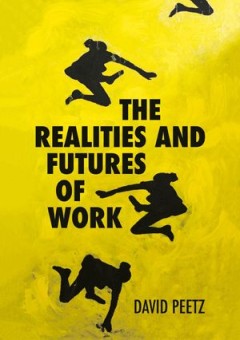
a More Developed Sign: interpreting The Work of Jesper Hoffmeyer
For more than 40 years, Jesper Hoffmeyer has been committed to the idea of developing “a semiotics of nature, or biosemiotics as he chose to call this effort, that could intelligibly explain how all the phenomena of inherent meaning and signification in living nature – from the lowest level of sign processes in unicellular organisms to the cognitive and social behavior of animals – can em…
- Edition
- -
- ISBN/ISSN
- 9789949199457
- Collation
- -
- Series Title
- -
- Call Number
- -
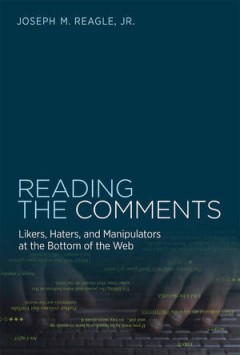
Moral History from Herodotus to Diodorus Siculus
Why did human beings first begin to write history? Lisa Irene Hau argues that a driving force among Greek historians was the desire to use the past to teach lessons about the present and for the future. She uncovers the moral messages of the ancient Greek writers of history and the techniques they used to bring them across. Hau also shows how moral didacticism was an integral part of the writin…
- Edition
- -
- ISBN/ISSN
- 9781474411073
- Collation
- -
- Series Title
- -
- Call Number
- 900
 Computer Science, Information & General Works
Computer Science, Information & General Works  Philosophy & Psychology
Philosophy & Psychology  Religion
Religion  Social Sciences
Social Sciences  Language
Language  Pure Science
Pure Science  Applied Sciences
Applied Sciences  Art & Recreation
Art & Recreation  Literature
Literature  History & Geography
History & Geography